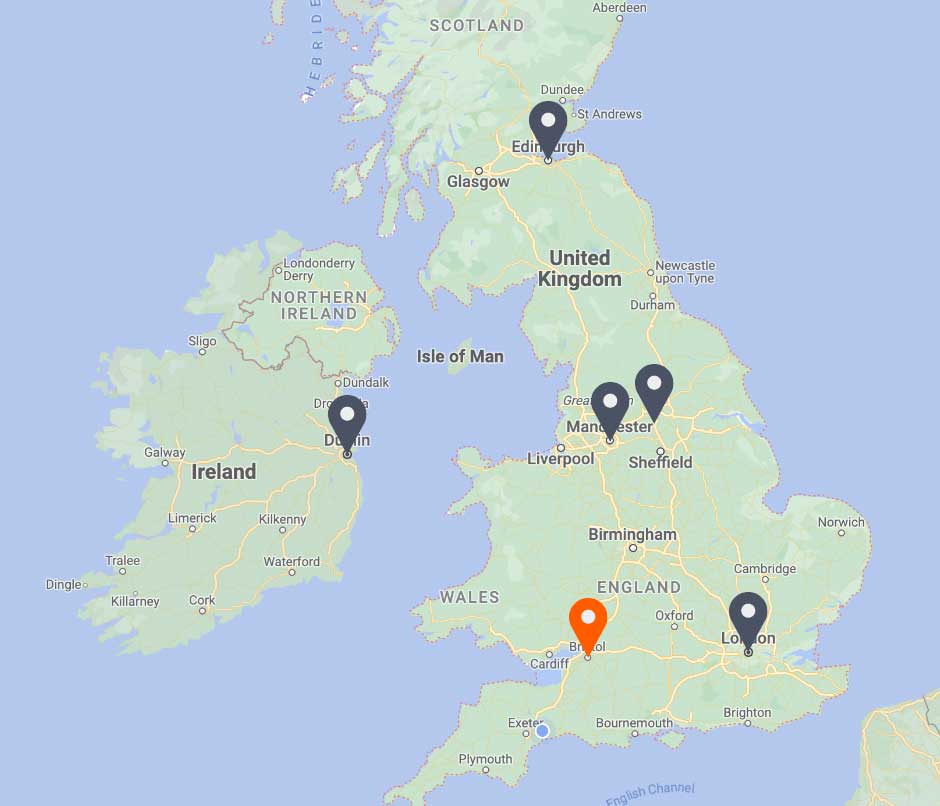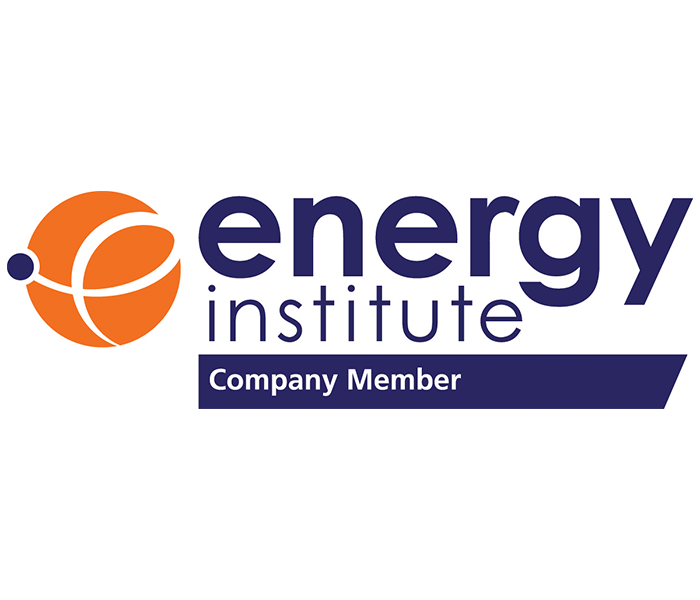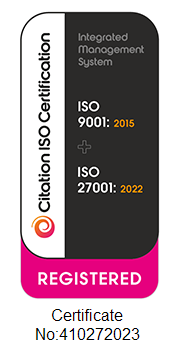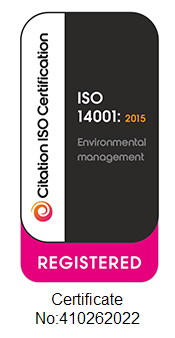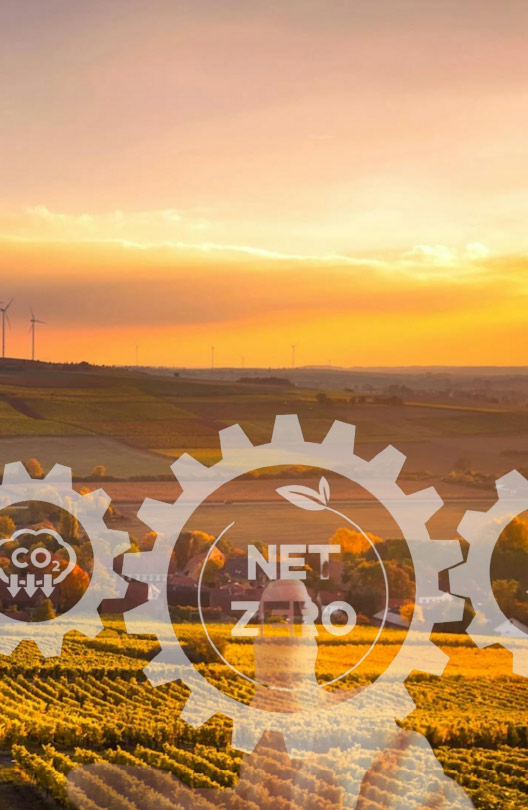THIS ARTICLE AT A GLANCE
CONTACT ETS
If you have any questions or would like to discuss further what you should be doing, ETS is here and willing to help.
Call 0117 205 0542
Email enquiries@energy-ts.com
Submit a contact form
CHECK OUR SERVICES
Smart Energy Management as a Service

In many ways, the emphasis is on the ‘Smart’ element – in other words making ‘best practice’ energy and carbon management judgements harnessing real data, and leveraging the latest tested technological solutions on the market through a hierarchical approach. This involves:
- Considering and interrogating what types of fuel you purchase, and from whom you purchase it.
- Using real-time data analytics.
- Employing energy & carbon saving initiatives, biggest bang for buck, based on data.
- Supporting the journey towards Net Zero, factoring wider property strategies.
- Deploying onsite generation where possible.
- Harnessing demand management opportunities.
- Bringing in the latest technologies – but focus on those that are tested in the real world, deployable, scalable, and able to integrate with legacy systems where necessary.
In its most basic form “energy management as a service” is the idea that an outside service company guarantees a facility’s future energy costs – and is a concept that has been around for many years.
If the facility uses more energy than predicted, the service company can be responsible for the difference – but if the building uses less energy than contracted, the service company can profit. This set up can cause issues where usage caps, performance specifications and on-site operational consumption do not match predictions. Add to this an often highly complex contracting structure, along with detailed stipulations on ‘who has what level of control’ over the operation of the building, and the ‘guaranteeing of savings’ can sometimes prove to not be in the client’s best interest.
There are so many cost-effective energy sources and technologies that are ever-evolving, making energy markets confusing, complex and highly dynamic – creating an impossibility for busy business owners or facilities managers to be fully aware of all opportunities.
Also, to be carefully weaved into the mix, are the corporate ESG and sustainability goals (and all the associated data management and reporting requirements) that shareholders and customers are demanding. This is where a ‘Smart’ approach, utilising up to date technology and market awareness, can work wonders.
ETS proposes a slightly different model for customer value. We concentrate on the basic demands of clients including their overarching operational and ESG objectives, site consumption optimisation, actual comfort or process conditions, and the accurate data management reporting of activities and performance.
Many energy users have some idea about their consumption habits but lack the systems and expertise to analyse the data appropriately for meaningful benefit. Digitalisation of this data allows greater value to be achieved through being more responsive to real-time particular usage patterns and interventions, and by enabling a greater depth of analysis of the complex multi-parameter variances that result in inefficiency.
Smart Energy Management works with an energy portfolio that combines the different energy sources and the customer’s sustainability goals and works to reduce the annual consumption, CO2 emissions and, ultimately, cost. A comprehensive data-led approach will include a combination of using and saving energy, through opportunities such as:
- Onsite energy-saving interventions
- Time-of-day demand peak shaving
- Retro-commissioning and energy retrofits
- Solar and/or wind power procurement, onsite or remote
- Onsite generation such as combined heat and power (CHP) or fuel cells
- Microgrids and storage
- Demand response
- Fuel-switching
- Fossil fuel and electricity procurement
- ‘Energy Culture’ and behaviour change training
Ultimately, we know our clients are results-driven – and as such our role is to always act in our clients’ best interest, and to add value to their organisations. If we’re not delivering, then our clients wouldn’t work with us further; but because of our integrated energy management, data, and engineering expertise, we can drive this value over many years without the need for overly complex contracting structures.
How can ETS help?
For over 20 years, ETS has assisted organisations of all sizes and sectors to dramatically improve the energy efficiency and carbon performance of their buildings – significantly reducing environmental impacts whilst saving substantial sums of money – across individual assets and large international portfolios.
Whatever the nature of your business, we can help.
For more information please see www.energy-ts.com
Final thoughts
If you are looking for an energy management system that is tailored to your business needs, ETS can provide you with 25 years of experience in dramatically improving energy efficiency and reducing environmental impacts. Whether your businesses have individual assets or large international portfolios, ETS can assist you in saving substantial amounts of money while significantly reducing your carbon performance.
To discuss your requirements, get in touch. You can contact us by calling 0117 205 0542 or drop us an email at enquiries@energy-ts.com.
Related Article
8 Ways Businesses Can Reduce Energy Use in the Workplace This Winter
Discover how to comply with ESOS Phase 4 and unlock energy-saving opportunities for your business. This guide explains the requirements, highlights key deadlines, and provides actionable strategies. Learn how energy audits, tailored action plans, and expert support can reduce costs, improve efficiency, and align your organisation with sustainability goals.
ESOS Action Planning: Complying with Phase 4 and Implementing Energy Saving Strategies
Discover how to comply with ESOS Phase 4 and unlock energy-saving opportunities for your business. This guide explains the requirements, highlights key deadlines, and provides actionable strategies. Learn how energy audits, tailored action plans, and expert support can reduce costs, improve efficiency, and align your organisation with sustainability goals.
Important Update: What You Need to Know about ESOS Phase 3
Time is ticking for the ESOS Phase 3 deadline. The Environment Agency announced that the reporting system is available now. For organisations qualifying for ESOS Phase 3, the deadline for submitting a compliance notification is 5 June 2024, and organisations should still look to meet this compliance notification deadline where possible.



































